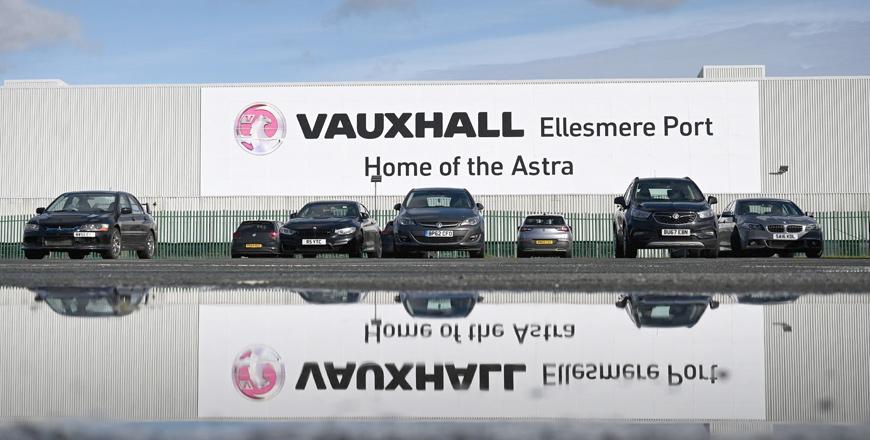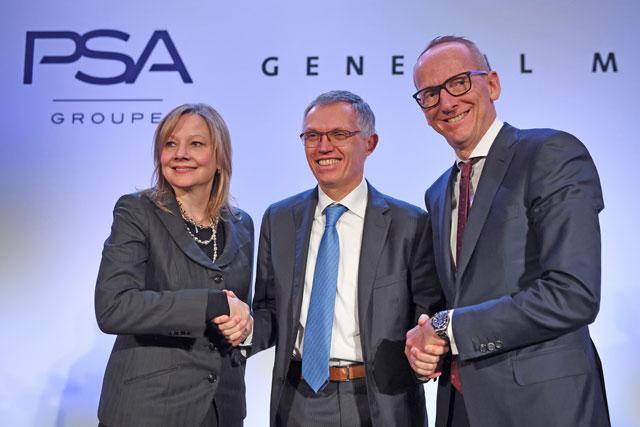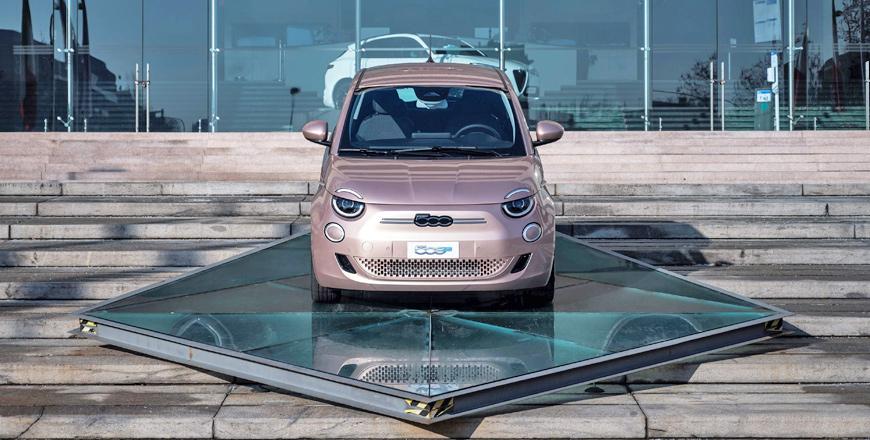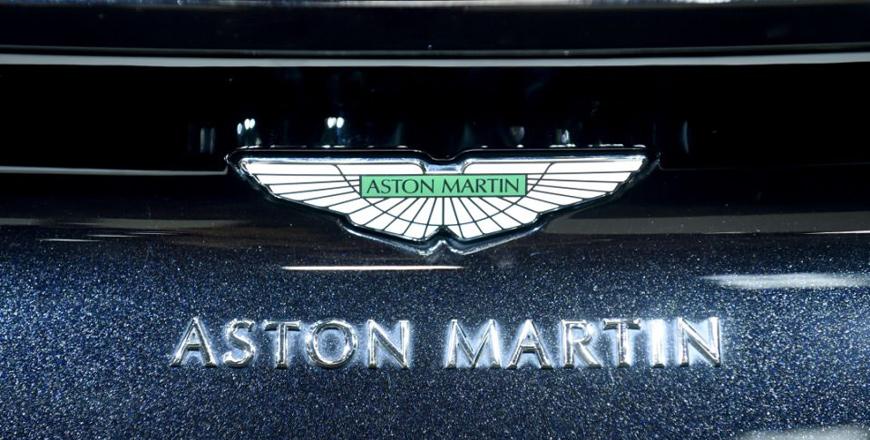You are here
Stellantis keeps UK plant to produce electric vehicles
By AFP - Jul 07,2021 - Last updated at Jul 07,2021

European carmaker Stellantis, with financial support from the UK government, will keep its Vauxhall plant in northern England to make electric vans, the carmaker announced, on Tuesday (AFP file photo)
LONDON — European carmaker Stellantis on Tuesday said it was keeping its Vauxhall plant in northern England, which will become the group's first factory to produce a solely battery-electric vehicle.
It is pumping £100 million ($138 million, 117 million euros) into the facility, with help from the UK government, to produce electric light commercial vehicles and passenger vans, Stellantis said in a statement.
Stellantis, which was created in January via the merger of French giant PSA and Italian carmaker Fiat, has been mulling the future of Vauxhall's Ellesmere Port plant on the northwest English coast, which employs more than 1,000 staff.
Prime Minister Boris Johnson described the news as "a huge vote of confidence" in Britain's post-Brexit economy.
UK Business Secretary Kwasi Kwarteng added that the development "will secure thousands of jobs across the region in the supply chain".
Stellantis became the world's fourth biggest carmaker by volume after marrying PSA brands Peugeot and Citroen with Fiat, Chrysler, Jeep, Maserati and others.
Vauxhall, along with Opel, became part of PSA in 2017 after it purchased General Motors' European subsidiary.
From next year, the Ellesmere Port plant will produce an electric light commercial vehicle and passenger car variant for each of the Citroen, Opel, Peugeot and Vauxhall brands for sale in the UK and abroad.
The passenger car versions will have up to seven seats.
A separate Vauxhall factory in Luton, near London, is reportedly operating at full capacity to produce vans.
"Producing battery electric vehicles... [at Ellesmere] will support clean, safe and affordable mobility," said Stellantis chief executive Carlos Tavares.
The company added that its "dedication to battery electric vehicles will go towards achieving the UK government's decision to stop sales of pure petrol and diesel engined vehicles from 2030".
'Global race'
Car manufacturers are rapidly shifting away from vehicles that run on fossil fuels, as governments ramp up efforts to meet net zero carbon emissions by 2050.
"In this global race to secure electric vehicle production, we are proud to support Britain's auto sector," Kwarteng added.
Stellantis on Tuesday said it was looking at Ellesmere Port becoming carbon neutral by 2025.
British trade union Unite hailed news that the plant's future had been secured.
"Unite has battled for years to secure the future of this site," said Unite general secretary Len McCluskey.
"At times the uncertainly has been unbearable but these plans have ended that, with Ellesmere Port's workers now set to proudly play a leading role in the UK's green transport revolution."
Thanks also to UK government investment, Japanese carmaker Nissan last week unveiled plans to build a massive battery factory in northeastern England, where it will also manufacture a new electric vehicle.
The battery plant, which will power up to 100,000 Nissan electric vehicles annually.
Europe now has projects to build dozens of huge battery factories that could potentially produce 16.7 million battery-electric vehicles by 2030, according to Transport & Environment, a non-governmental organisation.
Related Articles
PARIS — French carmaker PSA announced on Monday the acquisition of General Motors' (GM) European subsidiary, which includes the Opel and Vau
VELIZY- VILLACOUBLAY, France — Stellantis, the world's newest major automobile group, laid out on Tuesday a roadmap for its development, not
LONDON — Luxury British carmaker Aston Martin will make its fully-electric vehicles in Britain from 2025, its chairman told The Financial Ti


















